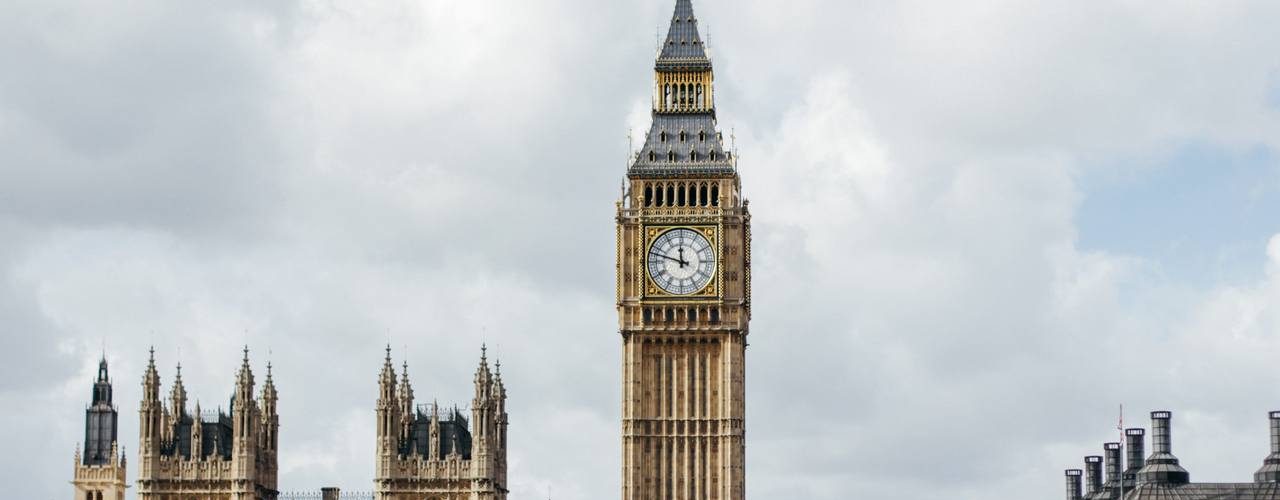- Updated HMRC guidance focuses on due diligence in customs declarations
- Guidance issued by HM Revenue and Customs, first published on 1 December 2017 and last updated on 7 January 2025
- Key contents include responsibilities of customs traders and agents, appointing a customs representative, spotting supply chain fraud, and reducing tax evasion risks
- Customs traders must understand and fulfill their responsibilities to avoid involvement in fraudulent activities and potential liabilities such as additional customs duties and import VAT
- Options to appoint a customs representative include customs brokers, freight forwarders, logistics providers, and express couriers
- Choosing a customs representative involves deciding the form of representation and ensuring they perform adequate commercial checks
- Traders need to obtain sufficient written information to ensure accuracy and compliance in customs declarations
- Signs of potential supply chain fraud include dealings with newly established companies, companies with unrelated business changes, poor market knowledge, and suspicious payment instructions
Source: gov.uk
Note that this post was (partially) written with the help of AI. It is always useful to review the original source material, and where needed to obtain (local) advice from a specialist.















